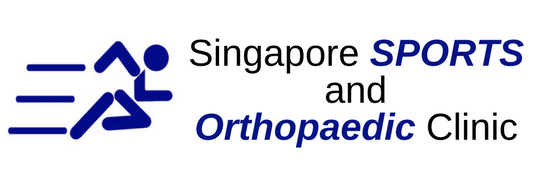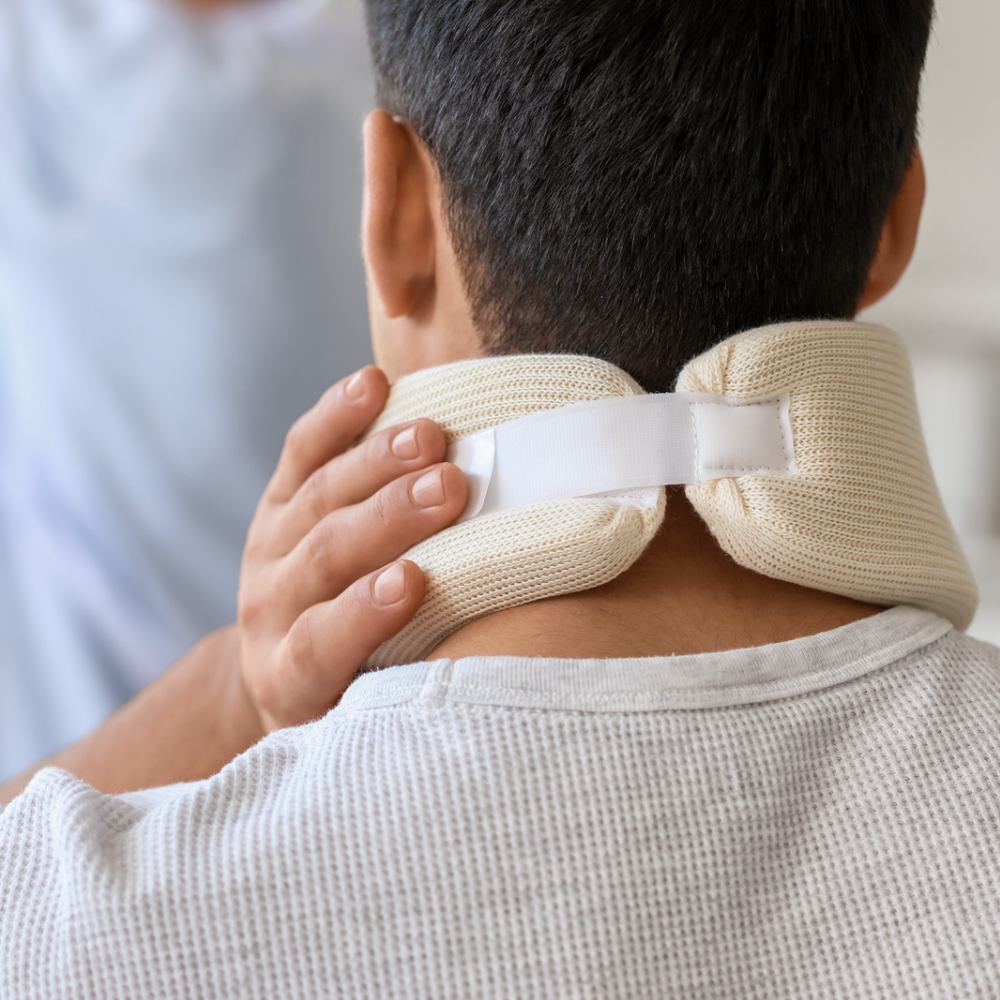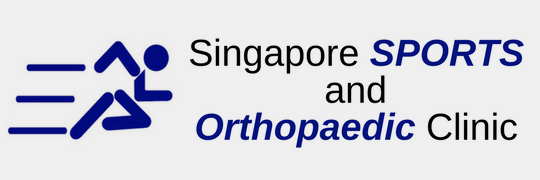Treatment of Cervical Spine Sprain and Strain
Cervical spine sprain and strain are common causes of neck pain. They can be painful and temporarily limit a person’s daily activities. These conditions often occur due to our lifestyles and activities, such as poor posture, awkward positions, or accidents like whiplash from car collisions or sports injuries.
The neck, also known as the cervical spine, consists of seven small vertebrae and a complex network of soft tissues, including muscles, tendons, and ligaments. While the neck is highly mobile, this mobility makes it vulnerable to strain and injury. Sprains affect ligaments, while strains affect muscles and tendons.

What is a neck sprain or strain?
A neck sprain or strain occurs when the ligaments, tendons, or muscles in the seven bones of the neck are injured or stretched. While not considered a severe injury, it can cause significant pain and discomfort.
Neck sprains or strains are also called cervical spine sprains or strains.
Causes of neck sprains or strains and Cervical Spine Sprain and Strain:
- Prolonged uncomfortable positions like cradling a phone with the neck.
- Sleeping with a pillow that is too high or firm.
- Trauma or injury to the neck.
- Carrying heavy objects on one side of the body.
Risk factors for neck sprains or strains:
- Previous injuries to the neck.
- Repetitive strain injuries.
- Recent surgery.
- Poor sleeping positions.
- Bad posture.
- Bone fractures.
Symptoms of neck sprains or strains may include:
- Sharp pain in the back of the neck or upper shoulder worsens with head movement.
- Difficulty moving or rotating the head or neck.
- Headaches are more intense at the back of the head.
- Increased irritability or fatigue in the patient.
- Decreased range of motion or stiffness in the neck.
- Tingling, numbness, or weakness in the arms or hands.
- Whiplash, a specific type of neck strain, may also cause headaches, dizziness, difficulty swallowing and chewing, burning sensations, and shoulder discomfort.
Diagnosis of neck sprains or strains
To diagnose neck sprains and strains accurately, doctors follow a comprehensive process. It typically involves taking a detailed patient history, conducting a physical and neurological examination, and potentially ordering X-rays to rule out fractures or other serious conditions.
During the physical examination, a primary care doctor or orthopaedic surgeon will assess the injury, inquire about symptoms and factors that worsen the pain, and evaluate the range of motion in the neck. This examination is usually sufficient to diagnose a neck sprain or strain. However, X-rays may be necessary to rule out other potentially serious conditions and assess the specific pain site.
Once a diagnosis is made, treatment options for most neck sprains and strains primarily focus on non-surgical approaches.
Treatments for neck sprains or strains
Neck sprains or strains typically heal gradually with appropriate treatment.
Your doctor may recommend the following treatments:
- Medication: Pain relievers, anti-inflammatory drugs to reduce pain and swelling, muscle relaxants for spasms.
- Ice therapy: Applying ice to the affected area a few times a day for two to three days can reduce inflammation and discomfort.
- Physical therapy: Strengthening exercises, massage, ultrasound, and aerobic exercises provided by a physical therapist can aid recovery.
- Cervical neck traction: This technique can help stabilisestabilize the area during healing.
Recovery from a neck sprain or strain
Most patients can expect to recover within four to six weeks with proper treatment and rest. However, severe cases may require three months or more for full recovery, following the recommended treatment plan and avoiding activities that could worsen the condition.
Prevention of future injuries is an essential aspect of treatment.
Medical professionals at Singapore Sports and Orthopaedic Clinic provide instructions on proper posture, body mechanics, diet, and exercise to help patients avoid future incidents.
Book an appointment today to have your neck pains checked by our orthopaedic specialists.
Read our post on Treatment of Shoulder Joints Sprain and Strain






